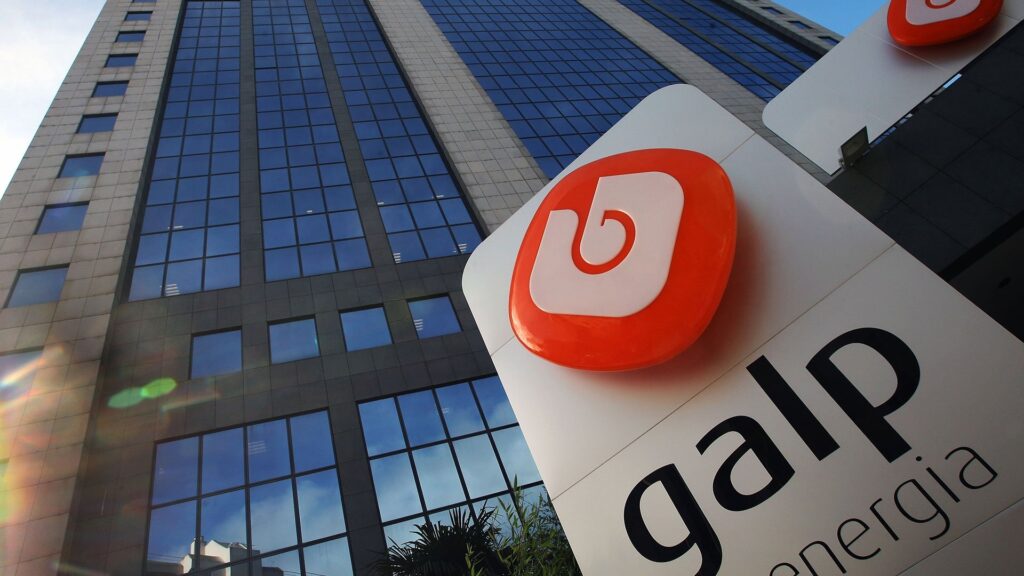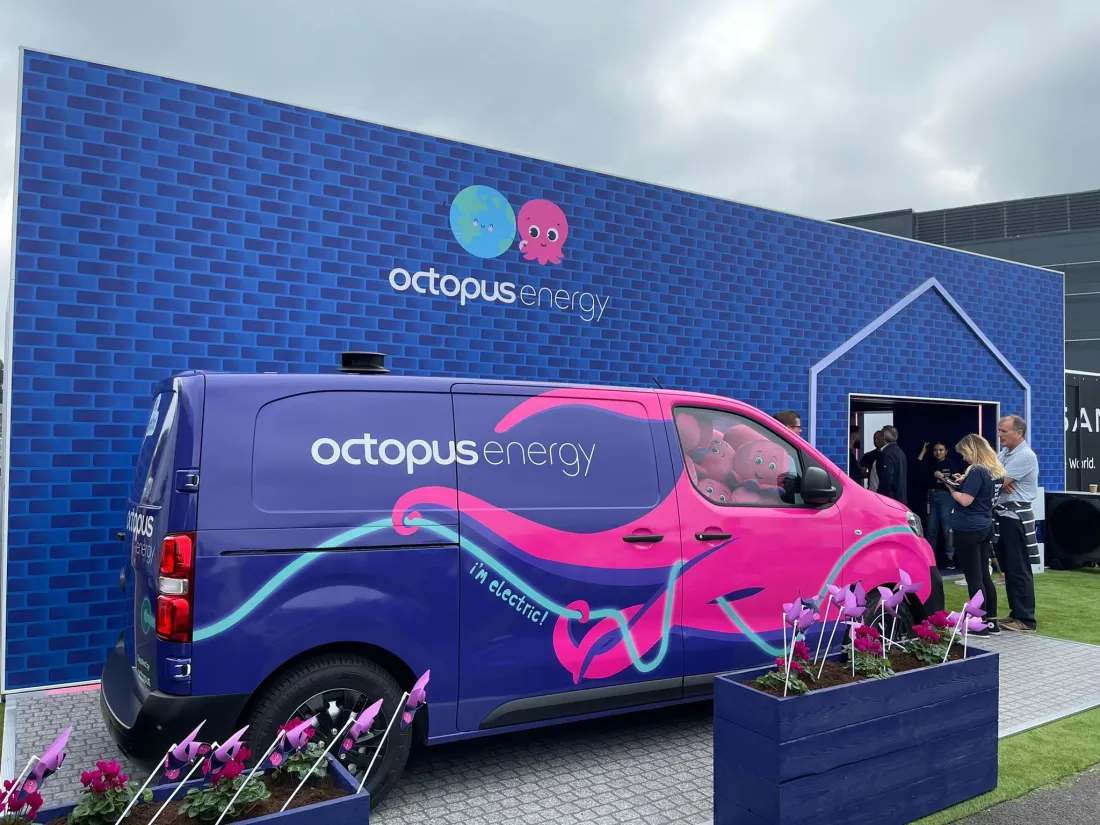Portugal’s Galp, Japan’s Mitsui Invests €650M in Renewable Diesel and SAF Production

|
Listen to this story:
|
Mitsui & Co., Ltd has agreed to invest in a renewable diesel (hydrotreated vegetable oil/HVO) and sustainable aviation fuel (SAF) production business operated by Galp SGPS, S.A. (“Galp”), Portugal’s biggest energy company. A joint venture company will be established once necessary authorities’ clearances are obtained. Galp will own 75% of its shares and Mitsui 25%.
The two companies joined forces to invest 400 million euros ($426 million) in an industrial-scale plant to produce biodiesel and biojet fuel from waste at its Sines refinery.
Galp also said it had made a final decision to invest 250 million euros on its own in a 100 mega-watt (MW) electrolyser unit to produce green hydrogen to power the refinery.
Produced from waste residues feedstock such as used cooking oil and animal fats, HVO is used as an alternative diesel fuel for vehicles with internal combustion engines, such as buses and trucks. SAF is an alternative jet fuel for use in aircrafts. Both are environmental-friendly fuels with lower greenhouse gas emissions. Demand for HVO and SAF is expected to be growing, especially in Europe where policies to encourage the use of biofuels are introduced.
Related Article: CleanJoule Announces $50 Million Investment by International Consortium to Accelerate SAF Production
The Hydrogenated Vegetable Oil (HVO) plant will have a production capacity of 270,000 metric tons per year.
As the only oil refiner in Portugal, Galp has been operating the Sines Refinery since 1978. The Lisbon-based company has been stepping up its investment in the energy transition field and pursuing fuel conversion initiatives. This project will involve the construction of facilities within the Sines Refinery, which are capable of being switched between HVO and SAF production modes. With the first HVO production in the end of 2025, the commercial operation date of the project is expected in 2026, and it is anticipated that the facilities will also be used to produce SAF, demand for which is expected to increase over the long period of time. In addition to its investment in the production business, Mitsui will also take responsibility for the overall value chain, including the procurement of feedstocks, primarily from Asia, and the sales of the products.
Galp Chairwoman Paula Amorim said in a statement that the two projects are among the largest of their kind. “These decisions are based on the expectation that the tax and regulatory developments in Portugal will not hinder the success of such large-scale investments,” she added.
Mitsui has identified Global Energy Transition as a key strategic initiative in its Medium-term Management Plan 2026. Through its participation in this HVO/SAF business, Mitsui aims to build and expand its next generation fuel business portfolio in diesel fuel, which accounts for the largest market in the area of transportation fuels, as well as in aviation fuel.










